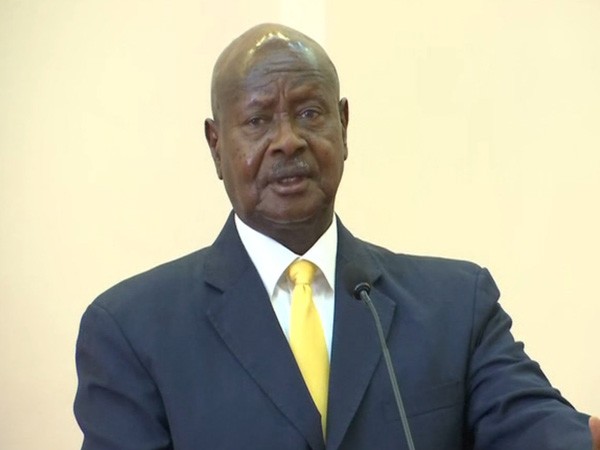Uganda: Disciplinary action against Justice Kisaakye may amount to retaliation for her ruling

Disciplinary proceedings carried out against Ugandan Supreme Court Justice Esther Kisaakye may amount to retaliation against her for carrying out her judicial functions, a UN expert said today.
UN Special Rapporteur on the independence of judges and lawyers Margaret Satterthwaite expressed grave concern that disciplinary proceedings against Justice Kisaakye were “procedurally deficient” and stem from events related her ruling in a case concerning the 2021 Ugandan presidential election.
Justice Kisaakye issued the only dissenting judgement in the election petition between the main opposition party leader Bobi Wine and incumbent president Yoweri Museveni, ruling to give the opposition leader more time to amend his complaint challenging the election results.
“Judges should not be subject to disciplinary action based on the content of their lawful decisions,” Satterthwaite said. “If Justice Kisaakye were to suffer sanctions for attempting to deliver a dissenting opinion in a high-profile case, it would contravene the fundamental principle of judicial independence.”
According to reports, on 18 March 2021, following a disagreement about whether Justice Kisaakye could deliver a dissenting ruling in the presidential election petition without first sharing a draft with her colleagues, Justice Kisaakye proceeded to the courtroom to deliver her ruling. However, when the Justice sought to enter the Courtroom, police officers allegedly confiscated her files, locked the courtroom, and shut off the lights.
On the following day, 19 March, the courtroom was closed, denying entry to Justice Kisaakye, who intended to deliver a ruling on a related petition regarding the recusal of the Chief Justice. To date, Justice Kisaakye has not been able to retrieve her files.
The next day, on 20 March, the Judicial Service Commission (JSC) launched an investigation into these events. The UN expert said there were concerns that JSC proceedings had been procedurally deficient.
“International law and standards require that where there are allegations of professional misconduct, the right to a fair hearing includes the right to be duly notified of the charges and any disciplinary proceedings to be undertaken,” Satterthwaite said.
On 8 February 2023, the Commission concluded that a prima facie case was established regarding Justice Kisaakye’s alleged misconduct. It recommended that the President appoint a tribunal to consider the issue of Justice Kisaakye’s removal from office. Justice Kisaakye could be suspended during the tribunal’s investigation.
“The removal of a judge without due process is a huge blow to judicial independence. It is the duty of all governments to respect and observe the independence of the judiciary,” the UN expert said.
“Under international standards, judges may be subject to suspension or removal only for reasons of proven incapacity or behaviour that renders them unfit to discharge their duties, and only in accordance with an appropriate procedure before an independent body,” Satterthwaite said.
The Special Rapporteur has been in contact with the Government of Uganda regarding these allegations.
- READ MORE ON:
- Esther Kisaakye
- Margaret Satterthwaite
- Yoweri Museveni
- Bobi Wine










